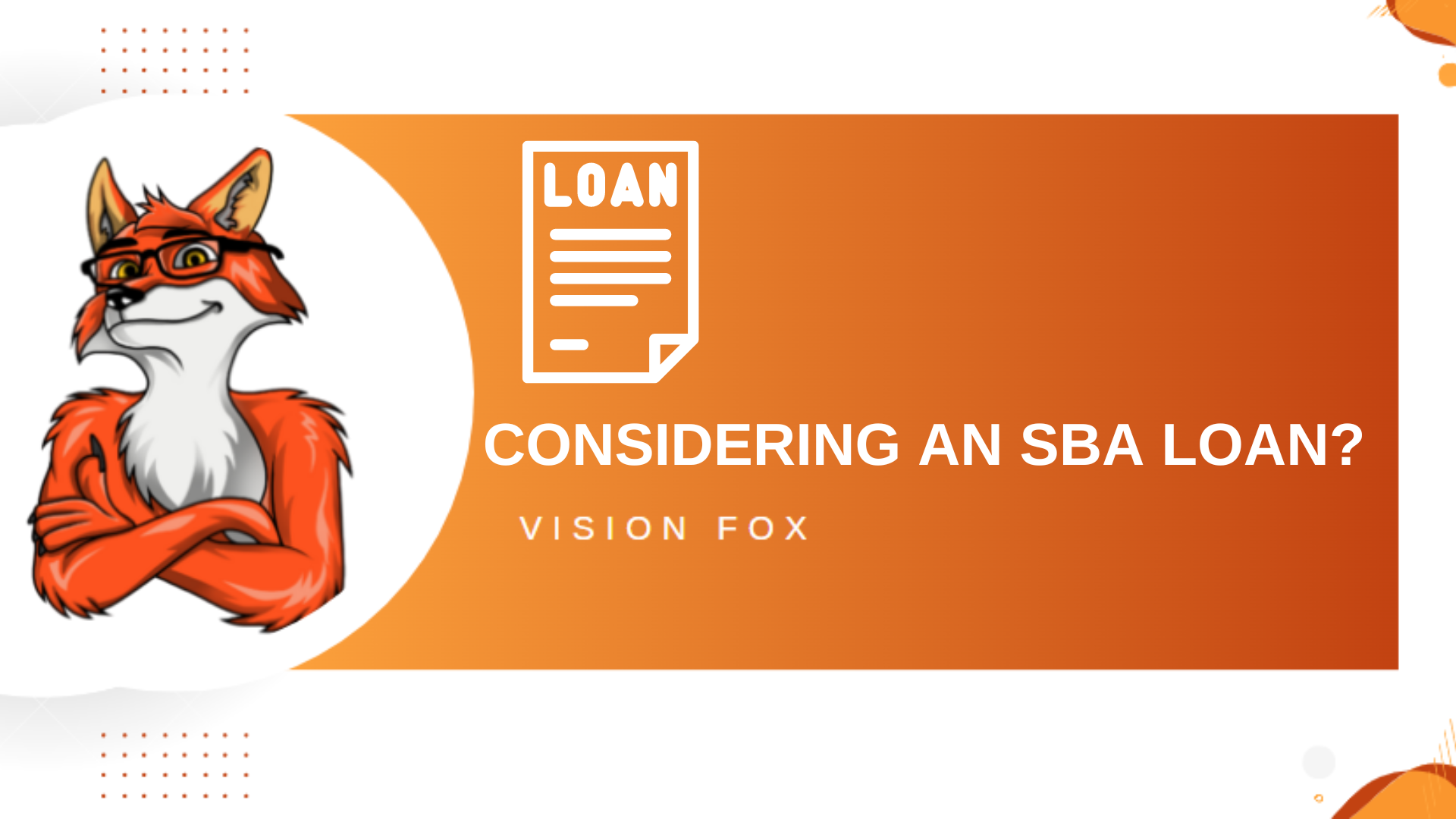For aspiring entrepreneurs or small business owners looking to expand, buying an existing business can be a smart move. However, it can also be a costly one. To finance such an investment, one option that many business owners consider is the Small Business Administration (SBA) loan.
So, should you consider an SBA loan when buying a business? The answer depends on your circumstances and goals. Here are a few things to keep in mind before making the decision.
What is an SBA loan?
First, let’s take a closer look at what exactly an SBA loan is. SBA loans are guaranteed by the Small Business Administration, a government agency that supports small businesses by providing access to capital. SBA loans are issued by approved lenders, and the government guarantees a portion of the loan repayment in case the borrower defaults.
SBA loans can be used for a variety of purposes, such as buying equipment, financing working capital, or purchasing real estate. But they can also be used to buy a business.
What are the benefits of an SBA loan?
One of the main benefits of an SBA loan is that it can offer more favorable terms than other types of loans. SBA loans typically have lower interest rates and longer repayment terms, allowing for more affordable monthly payments. Additionally, the SBA loan application process usually involves less stringent requirements than traditional bank loans, making them more accessible to a wider range of businesses.
Another benefit of an SBA loan is that it can help buyers secure financing for a business acquisition even if they don’t have enough collateral or a high credit score to secure traditional financing.
What are the downsides of an SBA loan?
While SBA loans can offer many benefits, they aren’t right for everyone. One of the biggest downsides of an SBA loan is that the application process can be quite lengthy and cumbersome, involving a lot of paperwork and documentation. Approval can take several weeks or even months, which can delay the purchase of a business.
Another downside of an SBA loan is that there are some limitations and restrictions. For example, SBA loans can’t be used to finance investment properties or passive income-generating businesses such as rental properties, stocks, or investment portfolios. This means that not every business acquisition will qualify for an SBA loan.
Should you consider an SBA loan?
If you’re looking to buy a business and don’t have enough cash on hand, taking out an SBA loan is definitely worth considering. SBA loans can offer more favorable terms than other types of loans and can help you close the deal even if you don’t have enough collateral or a high credit score.
However, if you need financing quickly or are looking to buy a business that doesn’t meet SBA requirements, you may need to explore other financing options. Additionally, while SBA loans can offer more flexible terms, they still involve debt, so it’s important to make sure that you have a solid business plan and cash flow projections to make your repayments on time.
To conclude, whether an SBA loan is right for you depends on your particular situation. Weigh the pros and cons and consult with a financial advisor or lending specialist to determine if an SBA loan is the best course of action for your business acquisition.

